
Building precise rotating or linear systems often costs a lot! When is it justified to spend the extra cost to design and build such a system, and what are the…
Building precise rotating or linear systems often costs a lot! When is it justified to spend the extra cost to design and build such a system, and what are the different components and system types?
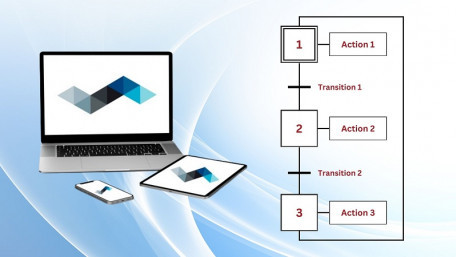
Learn how to use Festo's FluidSIM software to design and simulate a pneumatic cylinder extension system using GRAFCET as…
Learn how to use Festo's FluidSIM software to design and simulate a pneumatic cylinder extension system using GRAFCET as the control method.

Learn how to use Festo’s FluidSIM software to design and simulate electro-pneumatic systems, featuring a reciprocating…
Learn how to use Festo’s FluidSIM software to design and simulate electro-pneumatic systems, featuring a reciprocating actuator example using solenoid valves and limit sensors.
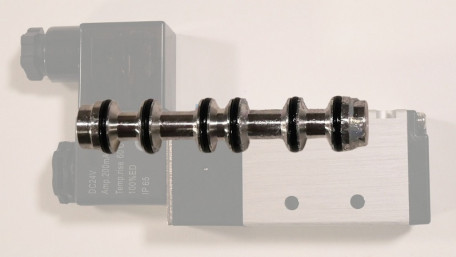
Fluid control valves rely on the opening and closing of internal passageways to direct the flow of power. But what do…
Fluid control valves rely on the opening and closing of internal passageways to direct the flow of power. But what do they look like inside, and how do these ‘valve spools’ actually work?
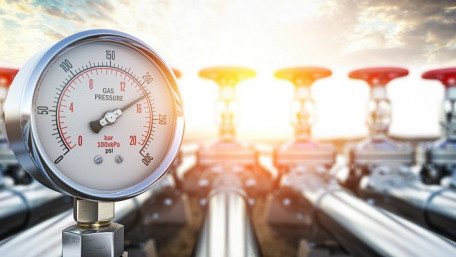
What is pressure? Everybody knows about this important quantity, but how do you define it? How do you measure it? Where…
What is pressure? Everybody knows about this important quantity, but how do you define it? How do you measure it? Where does it come from? In this article, we’ll learn about the basics of pressure.
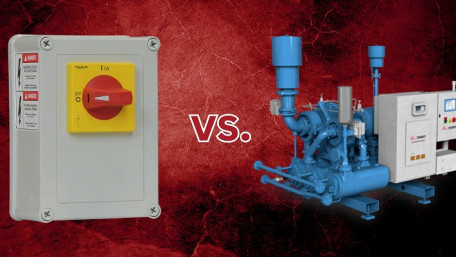
Knowing what kind of control system to use: that’s a question that must be answered before setting up the factory…
Knowing what kind of control system to use: that’s a question that must be answered before setting up the factory floor. Why would someone choose pneumatic over electrical controls?
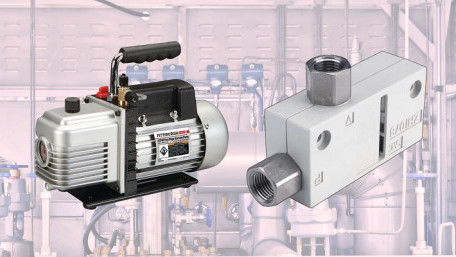
This article looks at vacuum ejectors and vacuum pumps, specifically outlining the difference between single and…
This article looks at vacuum ejectors and vacuum pumps, specifically outlining the difference between single and multi-stage versions of each type, and common applications.
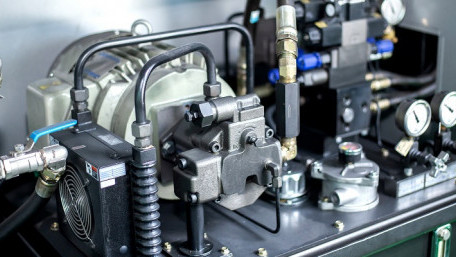
Pressures are always rising and falling in fluid systems. Sometimes the changes are extreme and lead to damage. What…
Pressures are always rising and falling in fluid systems. Sometimes the changes are extreme and lead to damage. What causes problematic pressure changes, and how can you trace them to their source?
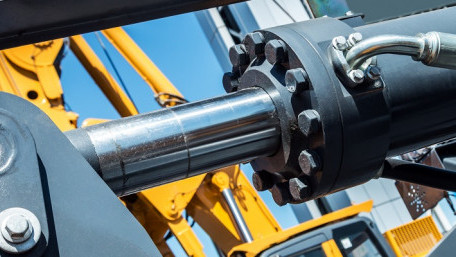
Hydraulic cylinders and actuators can quickly move heavy objects and provide strong clamping forces. But when they break…
Hydraulic cylinders and actuators can quickly move heavy objects and provide strong clamping forces. But when they break down, the effects can be catastrophic and the repairs costly and timely.
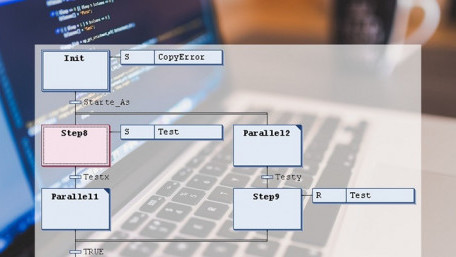
Sequential function charts (SFCs) are a great tool when processes require sequence control, but things can get…
Sequential function charts (SFCs) are a great tool when processes require sequence control, but things can get complicated fast. Here are some ways to create better SFC programs and applications.
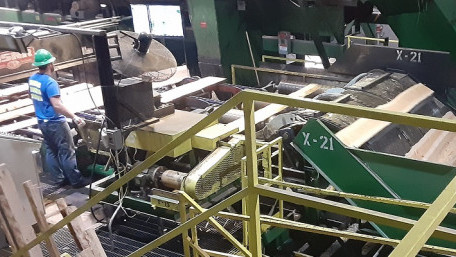
From forest to felling, logging road to mill, finished lumber’s adventure on its way to market is filled with control…
From forest to felling, logging road to mill, finished lumber’s adventure on its way to market is filled with control and automation. Learn about the process from start to finish and how lumber mills ensure the world has access to high-quality lumber thanks to control technology.
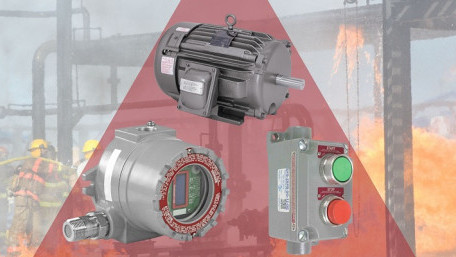
Some workplaces are more dangerous than others, not because of the practices, but rather the products. Where do…
Some workplaces are more dangerous than others, not because of the practices, but rather the products. Where do explosions occur, and what practices exist to reduce such risk for equipment and workforce?
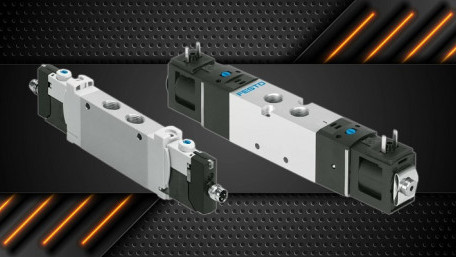
Directional control valves (DCVs) come in many shapes and sizes for pneumatic and hydraulic applications. Learn to…
Directional control valves (DCVs) come in many shapes and sizes for pneumatic and hydraulic applications. Learn to distinguish the different configurations and the meaning of external markings.
Compliance and compensator devices are used in processes where variation and uncertainty are prevalent. What sorts of…
Compliance and compensator devices are used in processes where variation and uncertainty are prevalent. What sorts of compliance devices are used, and what distinct advantages are held by each?
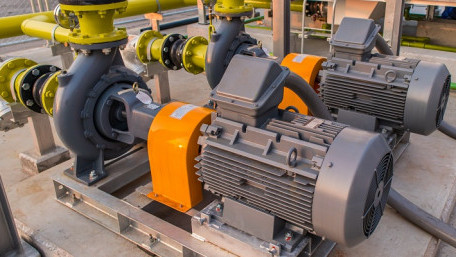
Hydraulic pumps take energy from a source, usually an electric motor or combustion engine, and turn it into a usable…
Hydraulic pumps take energy from a source, usually an electric motor or combustion engine, and turn it into a usable force to complete work. What kind of hydraulic pumps exist, and how do they work?
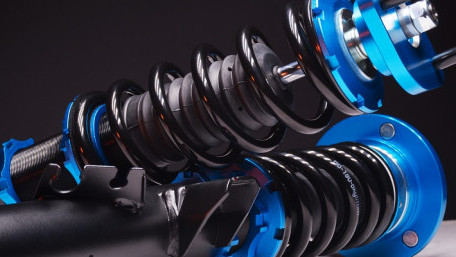
Transfer functions allow systems to be converted from non-algebraic time measurement units into equations that can be…
Transfer functions allow systems to be converted from non-algebraic time measurement units into equations that can be solved, but how do these functions work, and why do we use them?
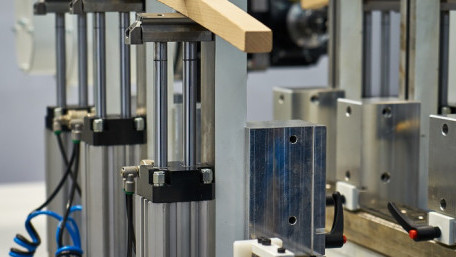
Engineers face a common challenge of moving objects from one point to another, especially in a production line. This…
Engineers face a common challenge of moving objects from one point to another, especially in a production line. This article will introduce the pneumatic cylinder as used in industrial automation.
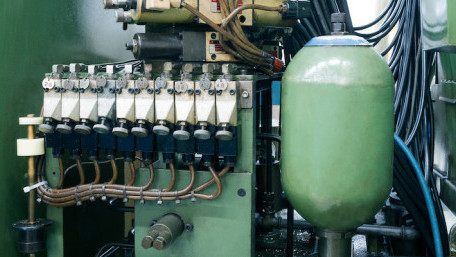
Hydraulic systems suffer from pressure drops and energy loss whenever any fluid is in motion. Learn about these devices…
Hydraulic systems suffer from pressure drops and energy loss whenever any fluid is in motion. Learn about these devices called ‘accumulators’. What are they, how do they work, and why do we need them?
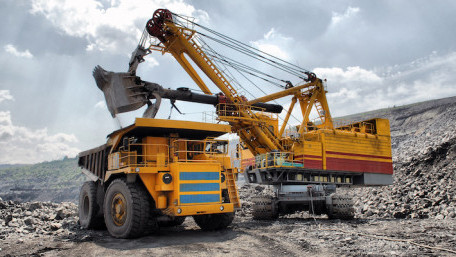
There are many different kinds of electric motors used for industrial power transfer, but there are also hydraulic and…
There are many different kinds of electric motors used for industrial power transfer, but there are also hydraulic and pneumatic motors that can lend advantages in some situations.

Safety is a concern in any system containing potential energy, whether electrical, chemical, or fluid. Each has methods…
Safety is a concern in any system containing potential energy, whether electrical, chemical, or fluid. Each has methods of protection, and for fluid systems, certain shutoff valves are used in situations when excess pressure can be a problem.
